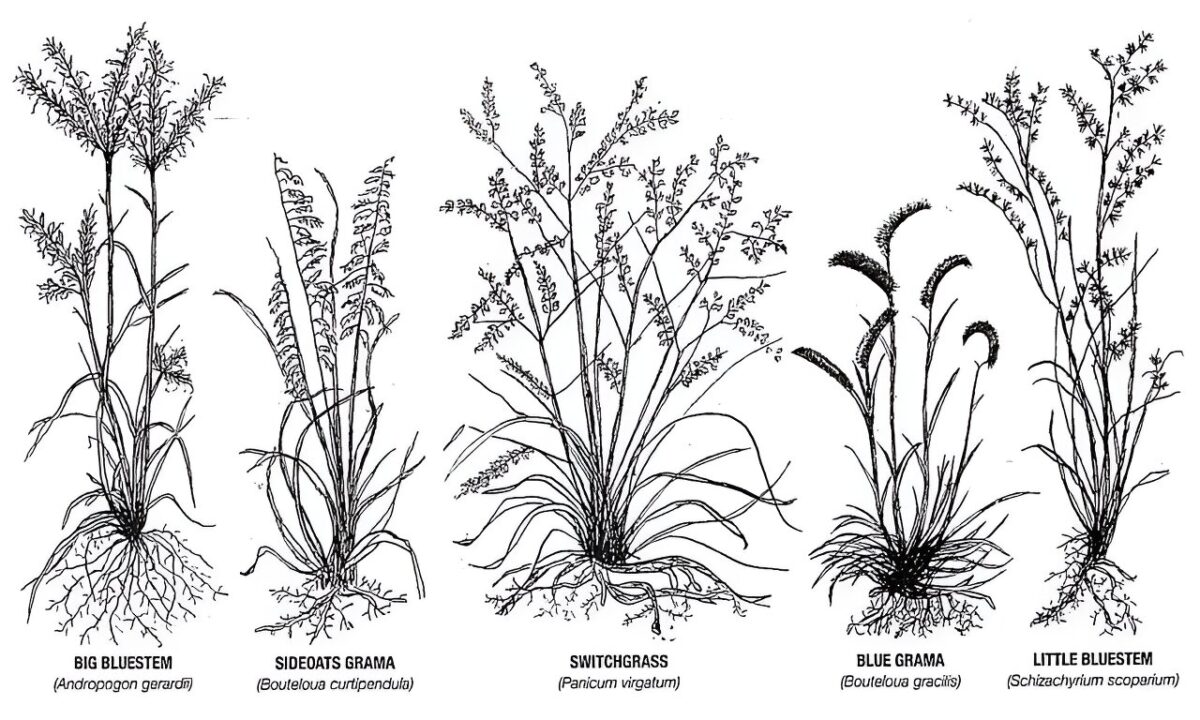Switchgrass Bioplastics: Researcher Transforms Sustainable Biomass into Eco-Friendly Alternatives

As plastic waste continues to pose a global environmental threat, researchers are exploring sustainable alternatives to traditional petroleum-based plastic. Bioplastics, which mimic the qualities of conventional plastic but are made from natural materials, emerge as a promising solution. Dr. Srinivas Janaswamy, an associate professor at South Dakota State University, is at the forefront of bioplastic development, leveraging agricultural byproducts like avocado peels and coffee grounds to create biodegradable films.
In a recent breakthrough, Janaswamy’s research team successfully produced a robust and transparent biodegradable film using switchgrass, a native North American tallgrass. Switchgrass, abundant in the United States and composed of approximately 58% lignocellulosic material, becomes an ideal resource for developing plastic alternatives. The study, titled “Biodegradable films from the lignocellulosic residue of switchgrass,” showcased the films’ transparency, high tensile strength, and complete biodegradability within 40 days with 30% soil moisture.
The primary challenge in replacing traditional plastics lies in their inability to degrade, taking over 700 years to break down naturally. Bioplastics offer a more sustainable option, breaking down in a fraction of that time and significantly reducing plastic waste in the environment. Janaswamy’s switchgrass-based films hold promise in this regard, combining strength, transparency, and biodegradability.
While the films exhibited lower elongation compared to synthetic counterparts, Janaswamy sees potential improvements by exploring the use of plasticizers in future studies. The switchgrass-based biodegradable films not only contribute to addressing the plastic waste crisis but also present an opportunity for farmers to generate additional income. By utilizing underused or unused agricultural biomass, this research aligns with the vision of a circular rural economy—a sustainable, economical, and environmentally friendly solution to the challenges posed by traditional plastics.
Dr. Janaswamy envisions these films as part of a broader initiative to design reusable, recyclable, and compostable materials, contributing to a more sustainable and environmentally conscious future.
